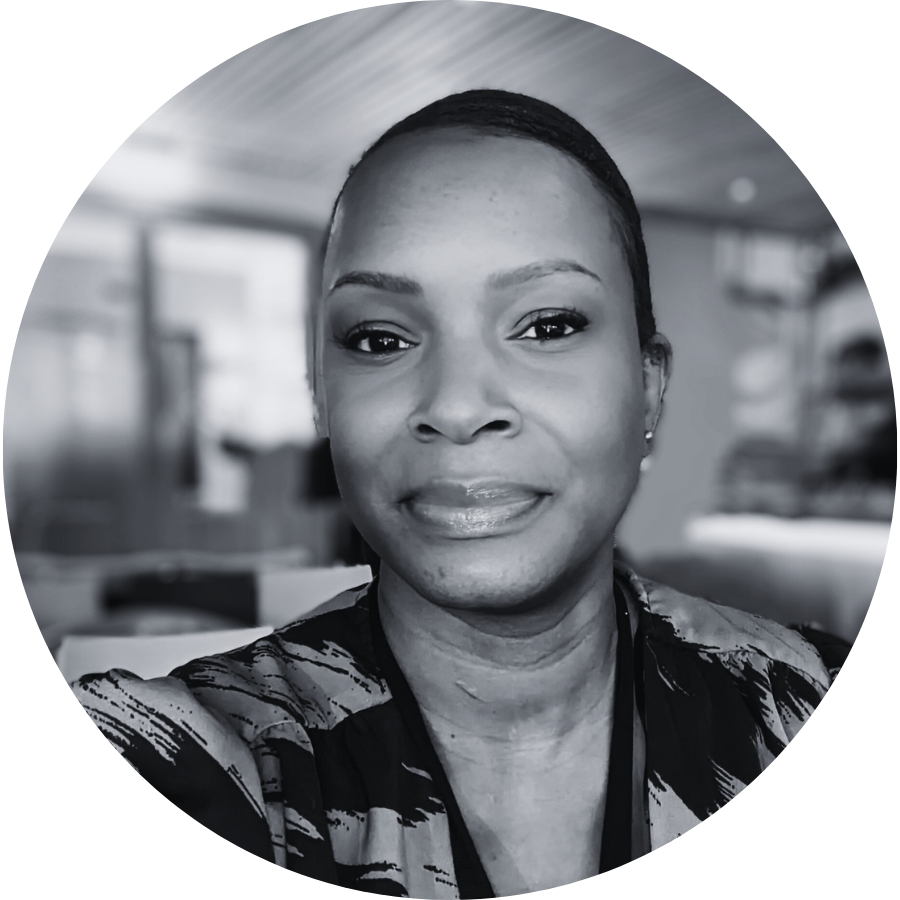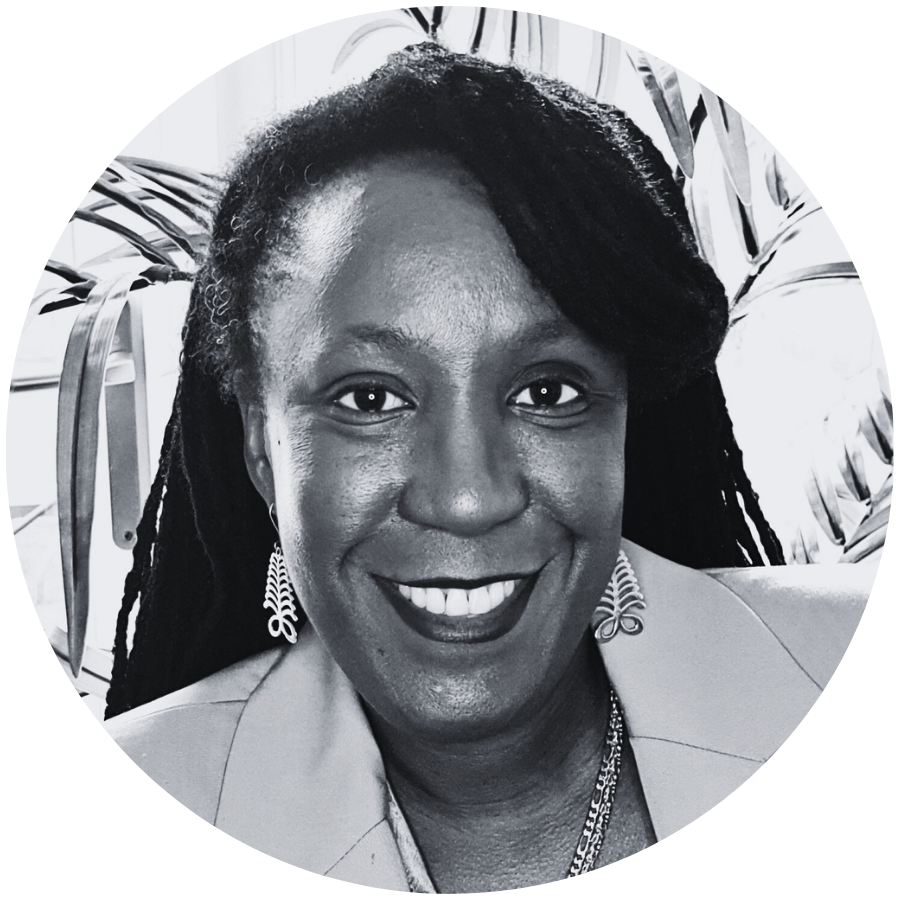How to champion diversity in your social venture: Talking to stakeholders, learning to trust and not just following trends
Addressing equality, diversity and inclusion remains challenging for many social enterprises. The latest Social Business Coffee Breaks webinar brought together an expert panel to dive into the challenges and opportunities.
Only 40% of all SE100 Index applicants answered questions about equality, diversity and inclusion (EDI) in their social enterprise in the 2023 SE100 Social Business Survey.
“This suggests that the number of social businesses which are really acting for positive change in this area are still in the minority,” said Tim West, founding editor of Pioneers Post.
These figures, he said, prompted him to explore the subject of EDI in more depth, leading to the latest SE100 Social Business Coffee Break webinar focusing on ‘How to champion diversity in your social venture’, which was hosted on 7 May by Pioneers Post and supported by NatWest Social & Community Capital.
The speakers included Salma Perveen, associate at the Diversity Forum, a collective set up and funded by Connect Fund in 2018 to drive inclusive social investment in the UK, Atlyn Forde, founder and CEO of Communicate Inclusively, a consultancy that helps organisations cultivate inclusive workplace cultures, and Jacy Stewart, founder and CEO of social economy consultancy For Business Sake, which supports diverse-led impact organisations to access social investment.
In line with the theme of the Social Business Coffee Break webinars, West drank Inclusive Blend Coffee from Fair Shot, a social enterprise cafe and UK charity which trains young adults with learning disabilities and autism as baristas and cafe assistants to help them secure and maintain employment. Its latest Impact Report revealed that the social enterprise has delivered more than 10,000 hours of training each year since it started in 2020, supporting 36 young adults out of the unemployment cycle.
In addition to walk-in trade and hiring out catering and venues, Fair Trade runs workshops on EDI, through which they empower people to create change within their organisations.
What is EDI?
 Salma Perveen (pictured) of the Diversity Forum explained the significance of the acronym ‘EDI’, a term that has been increasingly used in the UK employment sector in the last decade, particularly since the passing of the 2010 Equality Act, which legally protects people from discrimination in the workplace and in wider society.
Salma Perveen (pictured) of the Diversity Forum explained the significance of the acronym ‘EDI’, a term that has been increasingly used in the UK employment sector in the last decade, particularly since the passing of the 2010 Equality Act, which legally protects people from discrimination in the workplace and in wider society.
She said: “A lot of organisations tend to go recruiting for diversity and representation, but that can lead to burnout, tokenism and a lot of other problematic things.” She added: ‘“We wanted to prioritise this idea of creating an inclusive environment and culture almost before or alongside being more diverse.”
Now we’re talking about climate change, but we’re not talking about it with EDI and that’s a real shame, because EDI and climate change are intrinsically entwined
Responding to a question about declining emphasis on EDI since 2020, Perveen said: ”Sadly, I think it does come down to trends. There was a massive amount of momentum after the murder of George Floyd and [peak of] the Black Lives Matter movement, and then all of that energy dissipated. Now we’re talking about climate change, but we’re not talking about it with EDI and that’s a real shame, because I would say that EDI and climate change are intrinsically entwined.”
Perveen also spoke about the Diversity Forum’s flagship project ‘Manifesto 2.0’, which includes a set of seven principles that social investment organisations can commit to in order to better incorporate EDI into their business model.
To be put into practice, the manifesto requires a signature from the CEO and a board member of the company, which Perveen said “means that there needs to be a conversation around diversity and inclusion internally before it manifests”. So far, 25 organisations have signed the manifesto, including trusts, foundations and social enterprises.
Perveen also announced that Forde and Steward will be leading the Diversity Forum from June, and notified attendees of the upcoming launch of the forum’s Diversity Data Project Report on 23 May and EDI Toolkit in collaboration with design charity Shift Design on 28 May.
Talking to stakeholders and taking the small steps
 Atlyn Forde (pictured), founder and CEO of Communicate Inclusively, said that many people felt unsure about where to start with implementing EDI into their organisation, therefore her goal was to “simplify” and “demystify” it.
Atlyn Forde (pictured), founder and CEO of Communicate Inclusively, said that many people felt unsure about where to start with implementing EDI into their organisation, therefore her goal was to “simplify” and “demystify” it.
She said that it’s also about “looking at success on a very individual basis, in terms of small steps”, adding: “Just putting EDI on the agenda is literally a success in the first instance. It doesn’t have to be this big vision that you have, because this makes it quite daunting for people, and they think ‘Oh my gosh, I have to achieve XYZ!’, which puts them off starting. Every organisation will have a different starting point, and a different idea of what success looks like.”
It’s really about talking to your people. That could be your customers, your clients, the people you’re trying to support throughout the organisation... speaking to them is the starting point
To determine what personalised success in EDI looks like, Forde emphasised that organisations needed to talk to their stakeholders, gathering feedback from them through focus groups and meetings. She said: “It’s really about talking to your people. That could be your customers, your clients, the people you’re trying to support throughout the organisation... speaking to them about their experiences when working with you, or when you’re trying to support them, is the starting point.”
She added: “The feedback should come before the strategy because it will mean that you’re able to identify the key focus areas, so you can take those small steps in a way that’s going to be meaningful for your people.”
Forde also suggested examples of how social ventures could implement EDI into their strategy, such as introducing ‘blind’ CVs (CVs that omit any personal details referring to the applicant’s gender, age or ethnicity to ensure a fairer hiring process) or identifying and addressing how diversity within their workforce compares with the diversity of the communities they are serving.
A lack of trust as a barrier to addressing EDI
 When asked about the barriers that social enterprises face with addressing EDI, Jacy Stewart (pictured), founder and CEO of For Business Sake, said that the data suggested that one is “a lack of trust” when reporting on diversity within teams.
When asked about the barriers that social enterprises face with addressing EDI, Jacy Stewart (pictured), founder and CEO of For Business Sake, said that the data suggested that one is “a lack of trust” when reporting on diversity within teams.
Demonstrating how diversity can create an institutional disadvantage, Stewart referred to an example of a white woman who was married to a Ghanaian man who noticed that the price of her car insurance went up by 12% as soon as she registered with her husband’s surname.
She said: “[One issue], especially with lived experience leaders that are running social enterprises or charities that are of the global majority and are diverse in some way, is there’s this sort of stigma or lack of trust in that if we tick this box it is going to leave us at a disadvantage. [They think:] ‘If I tick that box, what does that mean? Is it going to censor me? How are you going to use this data?’”
Echoing Lord Adebowale’s observation of how “slow” the social investment sector has been in directing funding towards diverse-led businesses at For Business Sake’s SEICC conference in November, she said: “It is slow. We have a lack of people coming on board because of climate change, because of the change in agenda.”
She added: “It takes organisations like Pioneers Post to put it at the forefront. You’re addressing these matters. Not sheepishly, but you’re really hard hitting with some of the leaders in the sector.”
And there’s more – watch the webinar to explore:
- Salma Perveen on using the ‘Citizen Shift’ model to centre EDI as part of an organisation’s core purpose
- Atlyn Forde on the importance of taking ‘individual accountability’ and having CEOs, board members and senior leaders ‘role modelling’ inclusive behaviour
- Jacy Stewart on the need to direct social investment towards diverse-led social enterprises
Thanks for reading our stories. As an entrepreneur or investor yourself, you'll know that producing quality work doesn't come free. We rely on our subscribers to sustain our journalism – so if you think it's worth having an independent, specialist media platform that covers social enterprise stories, please consider subscribing. You'll also be buying social: Pioneers Post is a social enterprise itself, reinvesting all our profits into helping you do good business, better.



